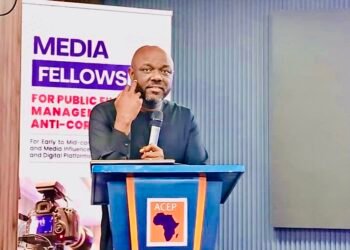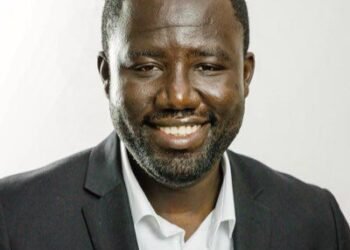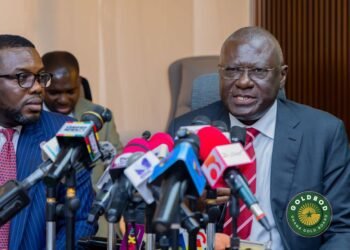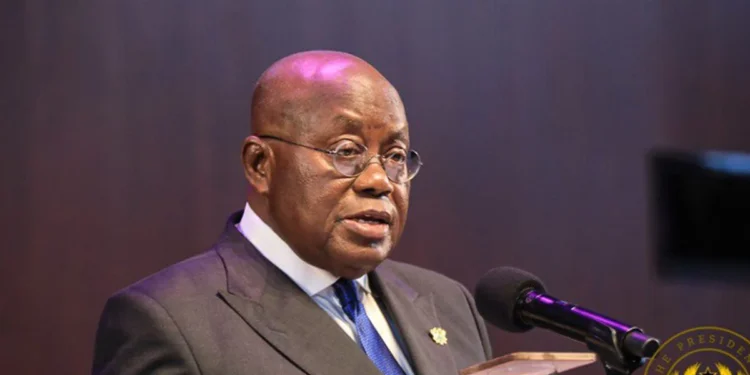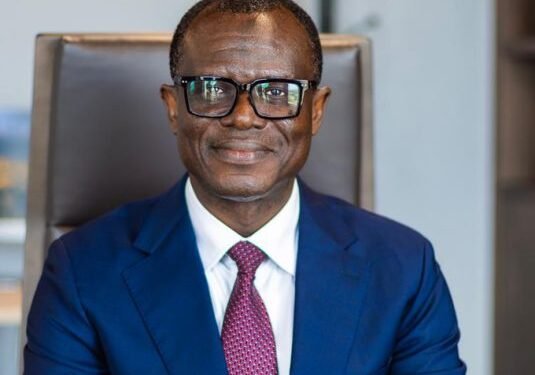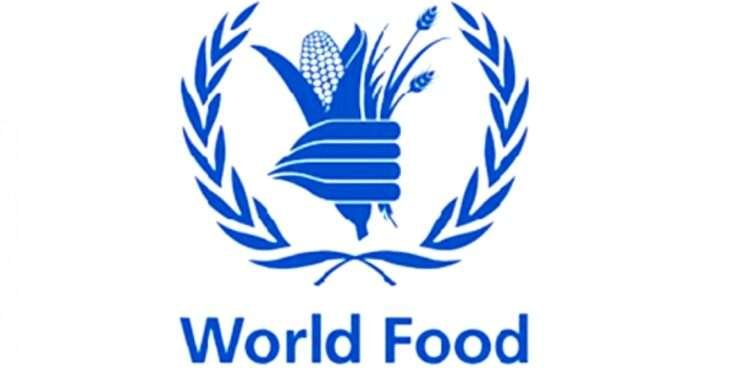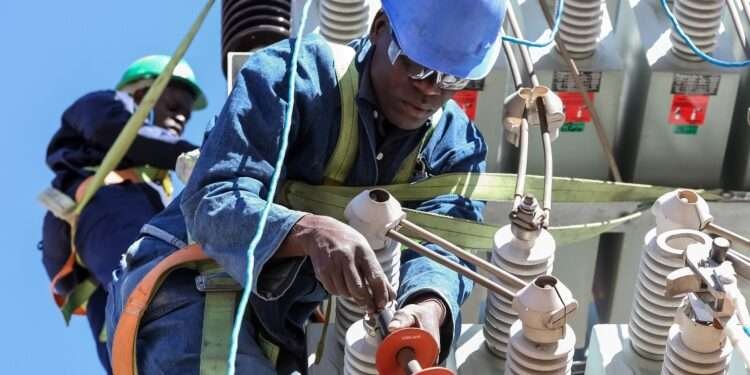Minister of Finance Dr. Mohammed Amin Adam has revealed that ongoing political tensions in Parliament have disrupted the government’s debt restructuring agreements with some Independent Power Producers (IPPs).
Addressing journalists at the Ministry of Finance’s monthly economic briefing, Dr. Amin Adam underscored that while progress has been made with three IPPs, the agreements with two major power producers—Cen Power and Amandi—remain stalled due to the current impasse in Parliament.
“We concluded negotiations with the Independent Power Producers, and some of them have signed off. For example, AKSA has signed off, and Asogli and Zenit are also about to sign off.
“What is outstanding is the one with Cen Power and Amandi because those two PPAs are required to go to Parliament for parliamentary approval.”
Dr. Mohammed Amin Adam, Minister of Finance
Dr. Amin Adam explained that the agreements with Cen Power and Amandi require parliamentary approval, which has become impossible due to the indefinite adjournment of Parliament.
The legislative body was abruptly adjourned following a legal challenge by the Majority over Speaker Alban Bagbin’s decision to declare four parliamentary seats vacant.
This legal tussle has not only deepened political divisions but also stalled critical government business, including the approval of the power purchase agreements (PPAs) with Cen Power and Amandi.
He stressed that without Parliament’s approval, these agreements cannot be finalized, leaving the government’s restructuring plan incomplete.
The debt owed to Independent Power Producers has been a longstanding issue for Ghana. In recent years, IPPs have repeatedly called for the government to honor its financial commitments, warning that failure to do so could result in power outages and operational shutdowns.
In 2023, some IPPs threatened to suspend their operations due to accumulated debts, raising fears of a potential energy crisis.
The government’s ongoing negotiations and restructuring efforts aim to address these concerns, ensuring uninterrupted power supply while reducing the financial burden on the state.
However, the delay in finalizing agreements with Cen Power and Amandi adds another layer of complexity to an already delicate situation.
These two IPPs play a crucial role in Ghana’s energy supply, and any disruptions to their operations could have significant repercussions for the country’s power grid.
Progress with Other IPPs

The debt restructuring process with Independent Power Producers has been a critical part of the government’s broader strategy to stabilize the energy sector and address its financial challenges.
“AKSA has signed off, and Asogli and Zenit are also about to sign off,” the finance minister noted. These agreements are expected to bring much-needed relief to the energy sector, which has been plagued by mounting debts and operational inefficiencies.
However, the unresolved agreements with Cen Power and Amandi remain a significant concern, especially given their potential to stall the overall progress of the restructuring plan.
As the government awaits Parliament’s return, there is growing pressure on lawmakers to resolve their differences and resume legislative duties.
The prolonged stalemate not only threatens the energy sector but also undermines public confidence in Ghana’s political and governance systems.
Political analysts have warned that the ongoing impasse could have long-term consequences for the country’s economic recovery efforts, particularly as Ghana seeks to stabilize its macroeconomic environment and attract foreign investment.
While the government has made significant strides in its negotiations with Independent Power Producers, the unresolved agreements with Cen Power and Amandi underscore the urgent need for political consensus and legislative action.
Dr. Amin Adam’s reassurances about the government’s commitment to meeting its obligations provide some relief, but the broader implications of the parliamentary deadlock remain a cause for concern.
Resolving this issue will require not only legal and political interventions but also a renewed commitment from all stakeholders to prioritize the nation’s interests over partisan disputes.
READ ALSO: Ghana’s Aviation Sector, a Tale of Lost Opportunities, Misplaced Priorities





